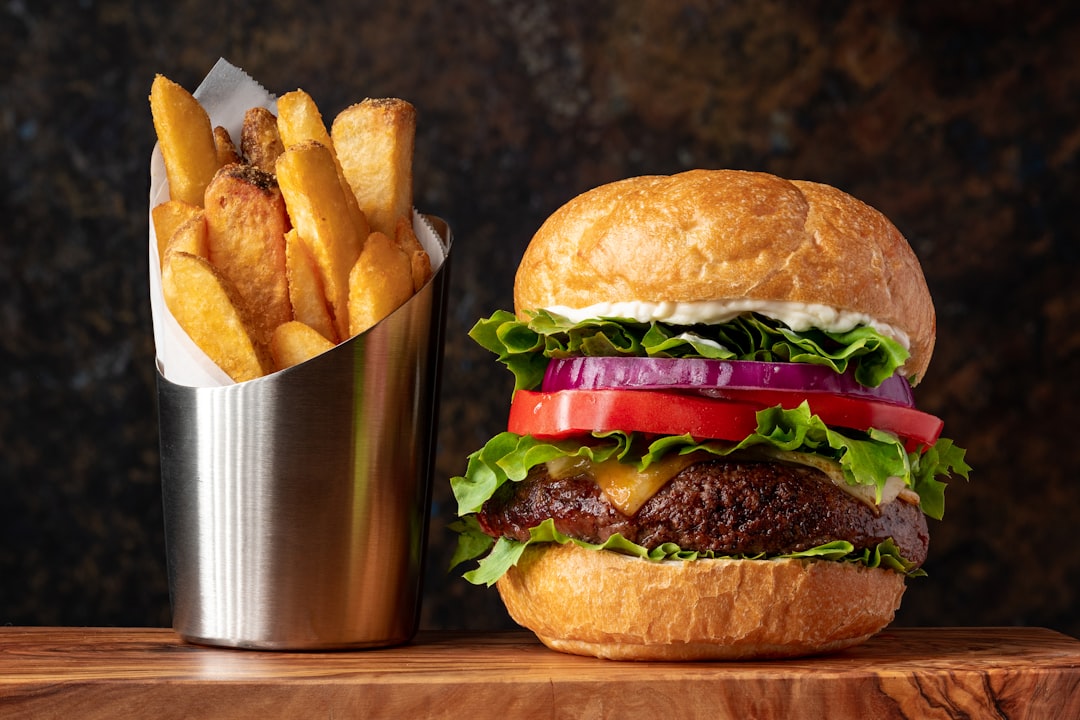Cooking with fresh herbs is a wonderful way to add flavor and freshness to your dishes. Whether you are a seasoned chef or a novice in the kitchen, using fresh herbs can elevate your cooking to a whole new level. In this blog post, we will discuss some tips and tricks for cooking with fresh herbs, as well as some of the best herbs to use in your dishes.
First and foremost, it is important to know how to properly store your fresh herbs. To keep them at their freshest, they should be stored in the refrigerator in a plastic bag with a damp paper towel. This will help to retain their moisture and keep them from wilting too quickly. Alternatively, you can place them in a glass of water on the counter, just like a bouquet of flowers.
When using fresh herbs in your cooking, it is best to add them towards the end of the cooking process. This will help to preserve their delicate flavors and aromas, as prolonged cooking can cause them to lose their potency. For heartier herbs like rosemary, thyme, and oregano, it is okay to add them at the beginning of cooking as they can withstand higher temperatures.
When it comes to chopping fresh herbs, it is important to do so with a sharp knife to avoid bruising and damaging the herbs. Rough chopping is best for herbs like rosemary and thyme, while a finer chop works well for basil, parsley, and cilantro. To release the flavors of the herbs, you can also lightly crush them with a mortar and pestle before adding them to your dishes.
In terms of which herbs to use in your cooking, there are a few staples that work well across a variety of dishes. Basil is a versatile herb that pairs well with tomatoes, pasta, and salads. Parsley is another common herb that adds a bright freshness to soups, sauces, and marinades. Cilantro is a must-have herb in Mexican and Asian cuisines, while mint adds a refreshing touch to desserts, cocktails, and savory dishes.
For those looking to experiment with less common herbs, consider trying herbs like tarragon, chives, and dill. Tarragon has a unique anise-like flavor that pairs well with chicken, fish, and eggs. Chives add a subtle onion flavor and a pop of color to dishes, while dill is great for adding a fresh, citrusy flavor to seafood, salads, and pickles.
In addition to using fresh herbs in your cooking, you can also make herb-infused oils and vinegars to add depth and complexity to your dishes. To make herb-infused oil, simply heat a neutral oil like olive or grapeseed oil with a handful of fresh herbs until fragrant, then strain out the herbs and store the infused oil in a glass bottle. Herb-infused vinegars can be made in a similar manner by heating white or red wine vinegar with fresh herbs and allowing it to steep for a few weeks before straining and bottling. Herb-infused oils and vinegars make great gifts and can also be used in dressings, marinades, and drizzled over finished dishes for added flavor.
When it comes to using fresh herbs in your cooking, the possibilities are endless. Whether you are making a simple pasta dish, a hearty stew, or a refreshing cocktail, adding fresh herbs will take your dishes to the next level. Experiment with different combinations of herbs and don’t be afraid to get creative in the kitchen. Cooking with fresh herbs is a fun and rewarding way to elevate your dishes and impress your friends and family. So next time you are in the kitchen, reach for a handful of fresh herbs and let your culinary creativity shine.

